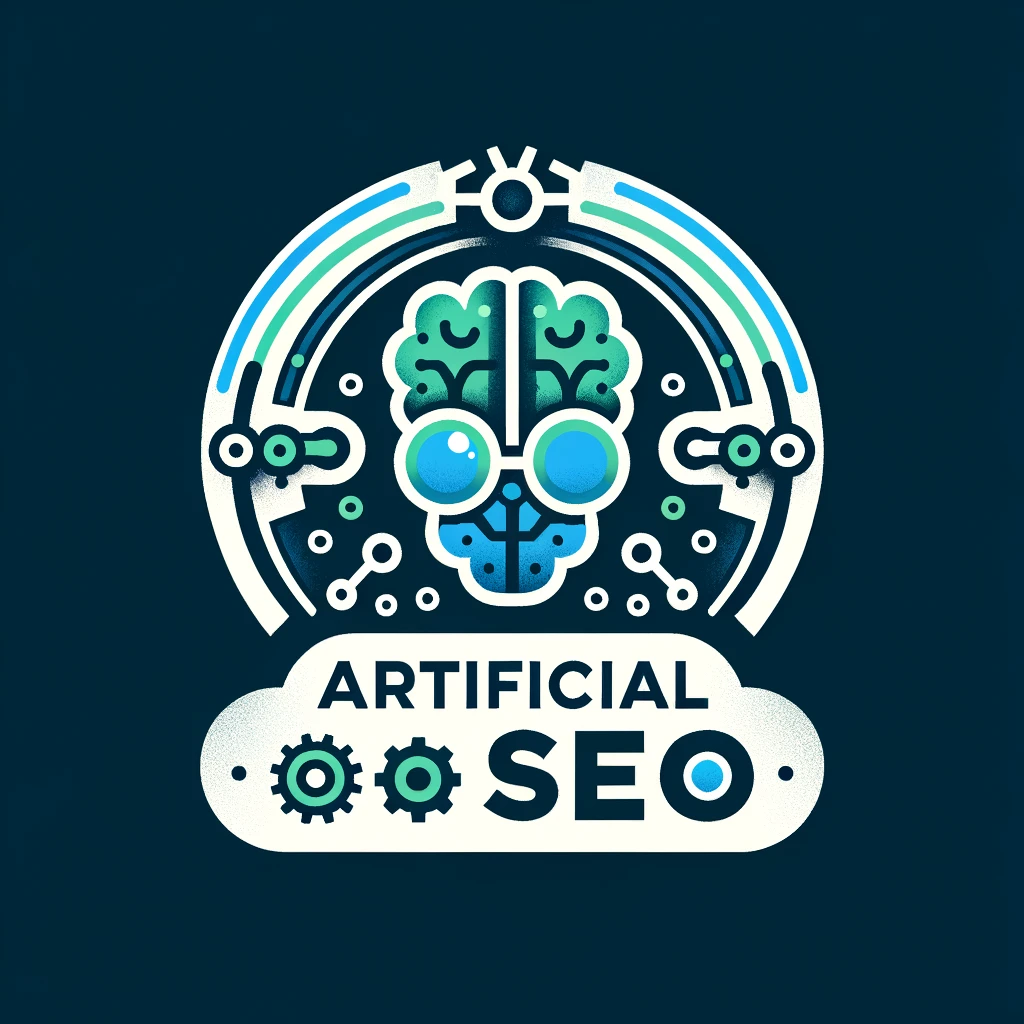In the digital age, where the average consumer flits between devices and platforms like a bee between flowers, businesses face the challenge of keeping up. Enter Omnichannel Marketing, the superhero strategy designed to save the day (and your sales).
Imagine a world where your online presence is so seamlessly integrated across platforms that customers feel personally catered to, whether they’re scrolling through Instagram, binge-watching YouTube, or shopping online. That’s omnichannel marketing in a nutshell – creating a cohesive, consistent, and highly personalized experience for your customers, no matter where they are.
Benefits of Omnichannel Marketing
Omnichannel marketing is not just a buzzword; it’s a game-changer. Here are a few reasons why:
- Enhanced Customer Experience: By providing a unified brand experience across all channels, customers can enjoy a smoother journey from discovery to purchase.
- Increased Customer Loyalty: Consistency breeds familiarity, and familiarity breeds loyalty. Omnichannel strategies keep your brand top of mind and heart.
- Higher Revenue: Integrated marketing strategies have been shown to increase customer spend and conversion rates. Cha-ching!
- Improved Data Collection and Analysis: By tracking customer interactions across platforms, businesses can gather rich data for more targeted marketing efforts.
Case Studies: Omnichannel Marketing in Action
Let’s look at some real-world examples to see omnichannel marketing’s magic:
- Retail Giant: A leading retail store uses mobile apps to send personalized offers to customers when they are near physical stores, blending digital and in-person shopping experiences.
- Beauty Brand: A global cosmetics company integrates customer reviews and social media content across its website and in-store displays, creating a unified brand narrative.
- Tech Powerhouse: An electronics manufacturer offers seamless device integration, allowing customers to start an activity on one device and finish it on another, all while providing consistent support and services.
Implementation of Omnichannel Marketing in SEO
Integrating omnichannel marketing into your SEO strategy requires a holistic approach. Here are key steps to consider:
- Keyword Consistency: Use consistent keywords across all digital content to reinforce your brand message and improve search engine visibility.
- Content Synchronization: Ensure that your content, from blog posts to social media, tells a cohesive story that aligns with your customer’s journey.
- Local SEO: For businesses with physical locations, ensure your online and offline presence is linked through local SEO tactics, like Google My Business listings.
- Mobile Optimization: With most users accessing information on-the-go, ensure your content is mobile-friendly to enhance the omnichannel experience.
Frequently Asked Questions About Omnichannel Marketing
- What’s the difference between omnichannel and multichannel marketing? Omnichannel marketing provides a consistent, integrated experience across all channels, while multichannel marketing operates channels independently of one another.
- How do I measure the success of my omnichannel strategy? Focus on metrics like customer retention rates, average order value, and customer satisfaction scores to gauge omnichannel effectiveness.
- Can small businesses implement omnichannel marketing? Absolutely! Omnichannel strategies can be scaled to fit businesses of all sizes. The key is to start small and focus on integrating a few channels well.
Your Omnichannel Journey Begins Now
The omnichannel approach is no longer optional; it’s essential for thriving in today’s digital landscape. By providing a seamless, integrated experience, you’re not just selling a product or service; you’re building lasting relationships with your customers.
Take the plunge, and start your omnichannel journey today. Remember, the goal is to make every interaction count, turning casual browsers into loyal customers and brand advocates. The future of marketing is integrated, consistent, and customer-focused. Are you ready to be part of it?

